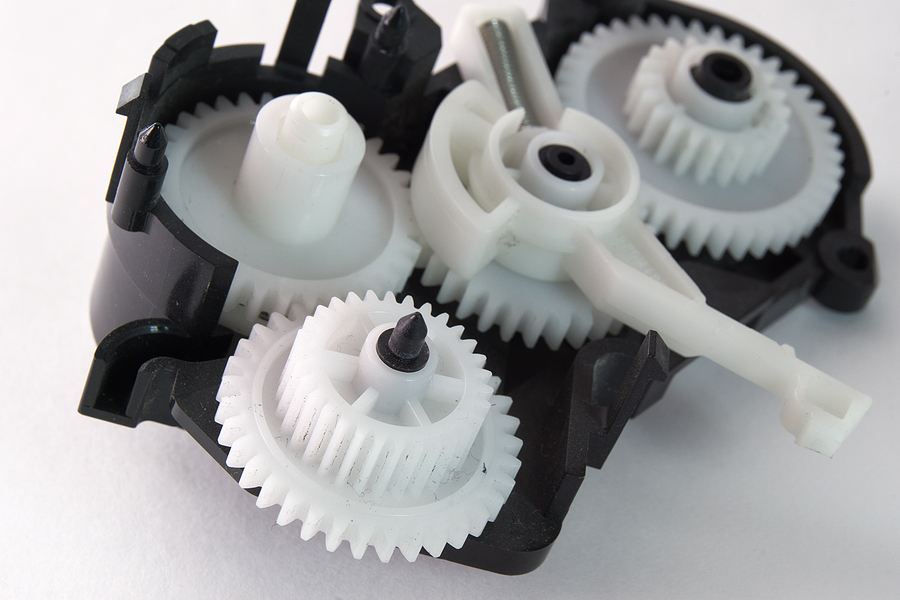Metal-plastic conversion is exactly what it sounds like; a process of replacing machinery parts that were initially fashioned out of metal with parts that have been reproduced or re-engineered using plastic.
Despite the connotation sounding like a drop in quality, plastics, especially high-grade injection-molded resins, do have exceptional advantages over metals. Some can rival the tensile strength of certain metals and offer great chemical resistance. This is just the start of what’s possible.
There are many more advantages of metal-plastic conversion. Let’s take a look at a few of them.
Freedom With Design and Quality
The beauty of plastics is that you can mold them to meet any requirement. Whether you want it to be lightweight, have more aesthetic options, or be super strong, there isn’t anything that plastic can’t achieve.
It allows designers to come up with plastic components that easily outperform metal while still meeting specific operational, structural, and environmental demands. With the inclusion of a few additives or structural components such as gussets and ribs, you can increase the durability, strength, and resistance to scratches, friction, as well as flames.
Aesthetics are an essential part of component design. Injection molding is capable of coming up with parts that incorporate complex design structures. The wide range of colors, textures, and surface finishes mean the injection-molded parts can carry labels or have increased beauty.
Significant Cost Savings
The entire reason your business is successful is your ability to keep your costs down and your balance sheet healthy. Constant maintenance and replacement of metal parts mean a notable chunk of your revenue goes into maintenance. Injection-molded plastics allow you to easily replace the metal parts, while saving an outstanding amount in costs.
It’s not uncommon to come across cost savings ranging between 25% to 50% of initial maintenance costs. Likewise, those savings spread into other areas of your operation, from manufacturing and time to logistics.
The material cost of plastic makes it much more affordable than sheet metal. The market prices are relatively stable in comparison to steel. Additionally, plastic does not require successive machining steps or the energy involved in the casting of metal parts. Overall, the cost savings alone are worth considering.
Improved Performance of Parts
Injection-molded plastic parts tend to be 50% lighter when compared to metal parts. This reduced size and weight results in attributes that make for excellent engineering-grade materials. For one, the space restrictions when manufacturing medical grade and other technological appliances mean you need parts that are smaller, lighter, and thinner than what’s possible with metal.
The allure of injection-molded plastics is the ability to hold tight tolerances. They can also be crafted as high-strength and high-resistance materials, denoting they can easily be used for engineering purposes.
Plastics are available in over 25,000 different formulations. The type you pick is highly dependent on the application you have in mind. If you want something soft and malleable, it’s available. In case you require items that can withstand high heat, have resistance to corrosion, and can absorb great impact forces, there is a blend or a formulation capable of meeting all your needs.
Ready To Get Started?
Injection molded plastics can be the reason your company enjoys reasonable profit margins. It’s not because the market prices for your products have increased, but it’s because you have cheaper maintenance and replacement costs for your machinery parts.
There are so many more benefits to choosing injection-molded plastics. However, you require a partner to work with as you transition from metal to plastics. There’s no one better than us at Proto Plastics.
Contact us today to learn how to maximize efficiency and reduce costs, for example by metal-plastic conversion.

